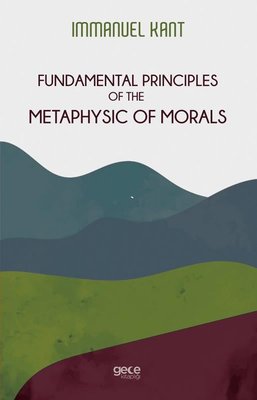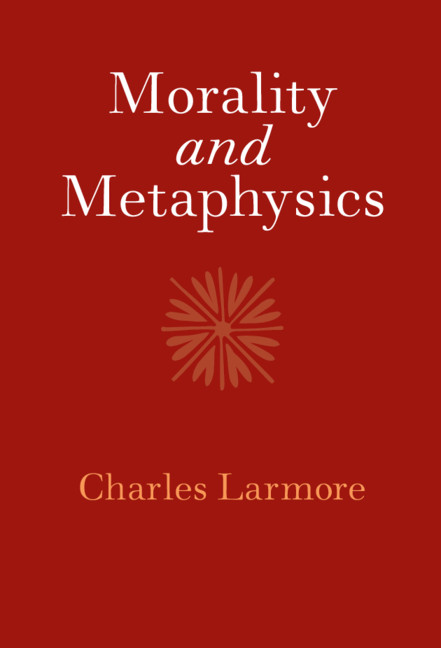

But if reason of itself does not sufficiently determine the will, if the latter is subject also to subjective conditions (particular impulses) which do not always coincide with the objective conditions in a word, if the will does not in itself completely accord with reason (which is actually the case with men), then the actions which objectively are recognised as necessary are subjectively contingent, and the determination of such a will according to objective laws is obligation, that is to say, the relation of the objective laws to a will that is not thoroughly good is conceived as the determination of the will of a rational being by principles of reason, but which the will from its nature does not of necessity follow. If reason infallibly determines the will, then the actions of such a being which are recognised as objectively necessary are subjectively necessary also, i.e., the will is a faculty to choose that only which reason independent of inclination recognises as practically necessary, i.e., as good. Since the deduction of actions from principles requires reason, the will is nothing but practical reason. Rational beings alone have the faculty of acting according to the conception of laws, that is according to principles, i.e., have a will.


Everything in nature works according to laws.


 0 kommentar(er)
0 kommentar(er)
